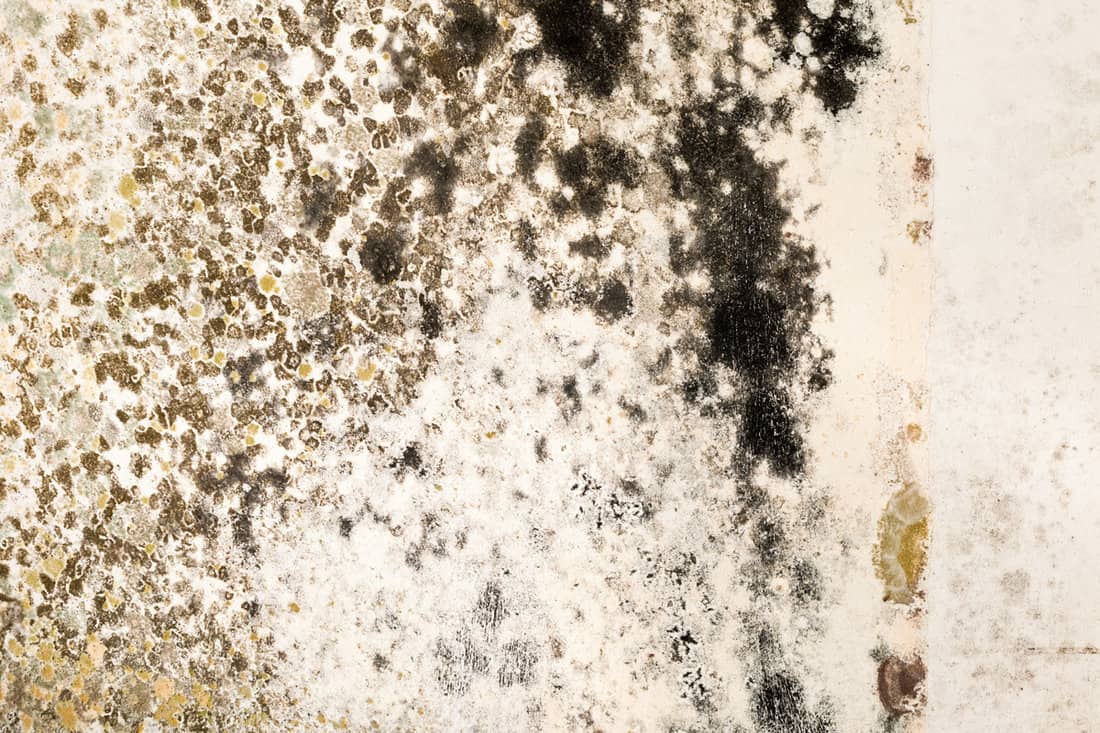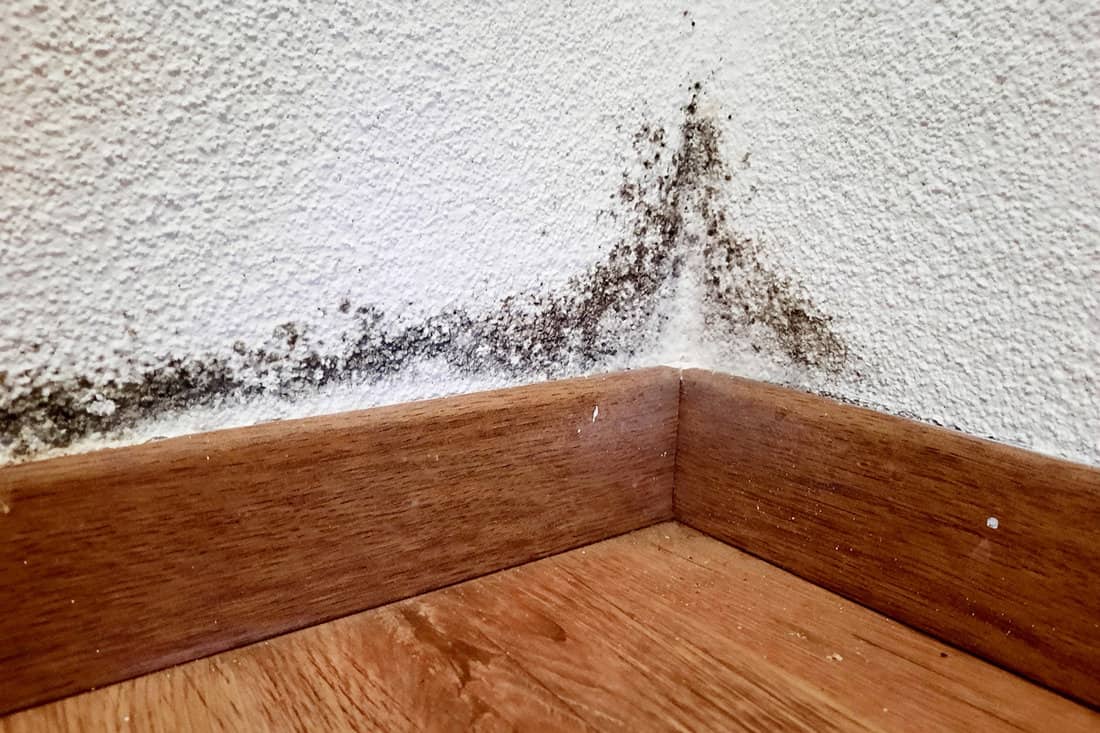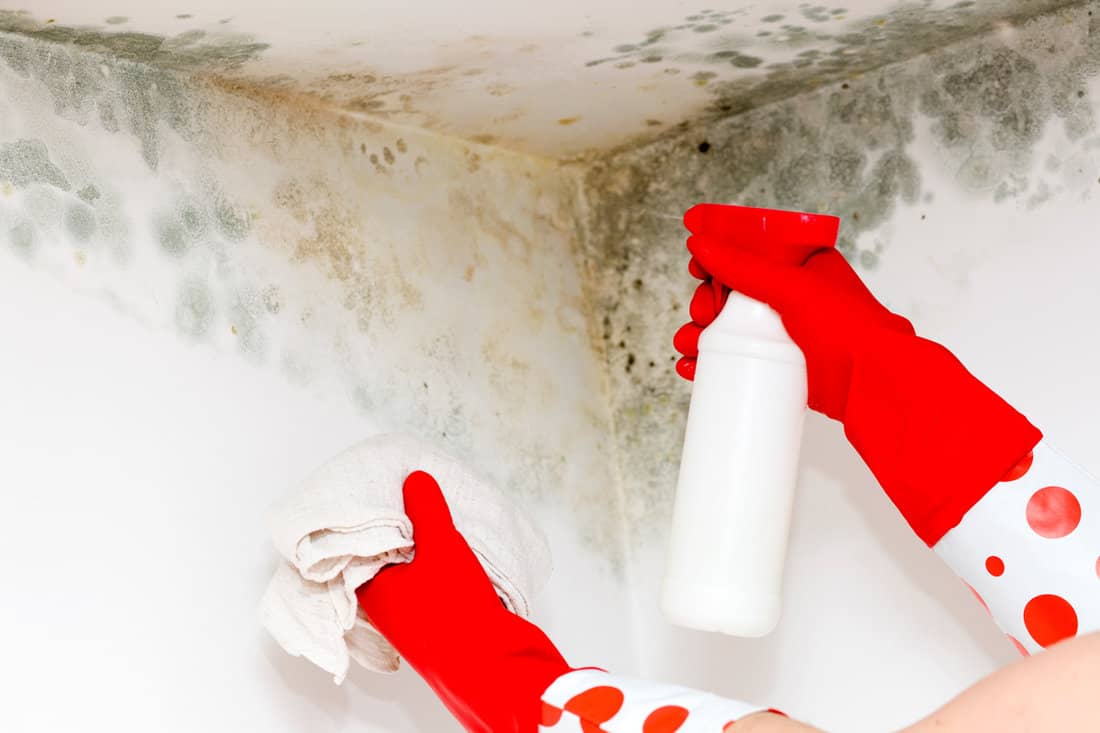Detecting a bad smell in your home is often indicative of a more serious underlying issue. Having a cat pee smell in your home isn't something you should just brush off, not only because it's unpleasant but also because it can be dangerous. So when you smell something that resembles cat urine, what should you do? What exactly is it? We have researched answers for you.
When you smell something that seems like cat pee, you may have black mold around your house. Black mold can be a serious health hazard, especially if you are allergic to mold spores. If you've looked around and black mold doesn't seem to be the issue, check the following:
- Spoiled garlic, fish, or vegetables
- Clogged drains
- Gas leak
- Dead rats
Once you smell something, it's important to do something about it immediately. Not addressing it will make your home uncomfortable, if not uninhabitable. Keep reading below to learn more about different cat pee smells and how to get rid of them.
What Causes The Home To Smell Like Cat Pee?
There are many reasons your house might smell like cat urine apart from having a cat that peed around the house. When this happens, the first thing you'll usually do is follow the scent.

If what you're smelling is actually cat pee, the smell might have embedded itself on the walls and furniture, which you will need to clean thoroughly later.
However, if you don't have a cat, or if you're sure your cat wasn't the culprit, you'll need to investigate further. Here are other causes of the urine smell in your home.
Read: "Why Does My Bedroom Smell In The Morning?"
Black Mold
Black mold forms in damp environments, often in areas that experience water damage that has been left too long. Most mold is black, but typically the reference to "black mold," usually means the Stachybotrys atra.type.
The atmosphere always has a normal amount of mold spores, and they aren't particularly dangerous. However, black mold can be dangerous since it weakens your immune system and makes you more prone to asthma, especially if you've been exposed to it before age 7.
Pets can also be affected if they inhale too many mold spores.
Black mold often grows on basements, crawl spaces, under sinks, unsealed windows, and attics. Check these areas when you notice the smell of cat pee.
Spoiled Food
Spoiling food releases bacteria that decompose food, releasing gases such as ammonia--one of the main components of urine. This is why if you leave food untouched for too long, you may notice an odor resembling cat pee.
This is why it's important to immediately throw out uneaten food, or at least put it in your compost to make the bacteria useful. If you leave the food in the fridge, make sure you have a box of baking soda to neutralize the cat urine smell.
Clogged Drain
If the drain is clogged, mold can grow on it and emit a cat urine smell. Also, sewer gases that come from the sink can cause this smell when the drain's dry trap dries out.
This dry trap is responsible for sealing away the smell of sewage from your home. If this film of water is removed, the sewage smell can freely enter the home.
Aside from broken dry traps, sewer gases can also escape if there's a leak in your drain. This can make your house smell like cat pee, especially if it's been unaddressed for a long time.
You should also check if the drains are properly sealed and if your ventilation system that allows sewage gases to escape is working properly.
Read: "Why Does My Washing Machine Smell Like Sewage?"
Gas Leak
An HVAC issue can cause the house to smell like cat urine. When there's a gas leak in your air conditioner, refrigerator, or heat pump, they are most likely releasing Freon gas, a common component in HVAC appliances.
Note that a gas leak can be extremely dangerous, especially if it's barely detectable. Make sure to have a gas leak detector in your house so you can remain safe.
You should immediately evacuate the area and contact an HVAC professional when you notice a gas leak. Don't attempt to handle it yourself since it could be dangerous.
Check out this gas leak detector on Amazon.
Dead Rats
Dead rats have a putrid smell, and sometimes worse than cat pee. This is because when rats decompose, they release unpleasant gases--including ammonia.
If you notice a dead rat, it's best to check for signs of a rat infestation so you can immediately address any problem. Dead rats can be difficult to detect depending on their size, but they often stay in small corners and crawl spaces to die.
How To Remove Black Mold
Seeing black mold can cause panic because of its grimy appearance. Although not all black-colored mold can be toxic, it is still best to practice caution when handling it. The mold most commonly found in houses is most likely allergenic mold, which can be removed using household cleaning products.
![Woman swiping a window full of black mold, What Smells Like Cat Pee But Isn't? [Inc. A Mold You Should Be Aware Of!]](https://homedecorbliss.com/wp-content/uploads/2022/10/What-Smells-Like-Cat-Pee-But-Isnt-Inc.-A-Mold-You-Should-Be-Aware-Of.png)
If it's a pathogenic mold, you can still clean it yourself, but you may require professional help if the mold extends too far inside the house.
Toxic molds require professional treatment, and you may need to vacate your house for a time since they can be poisonous.
Here are ways you can remove black molds yourself, provided they aren't toxic:
- Prepare the cleaning ingredient of your choice: either chlorine, hydrogen peroxide, distilled vinegar, detergent, borax, or baking soda.
- Mix chlorine bleach with water and use it to remove mold. This may need to be diluted so it won't be too harsh for your surfaces.
- Spray hydrogen peroxide directly on the walls or floors.
- Put the distilled vinegar in a spray bottle and spray directly on the mold.
- Scrub the affected surfaces with baking soda or borax.
How Much Bleach Should You Use For Mold?
Bleach can be too harsh, so you need to dilute it with water so your surfaces can retain their color or form. If you're using it on tiles, dilute 1 part bleach in 16 parts water.
If you are using bleach on painted surfaces, dilute 10 parts of bleach in 20 parts of water.
If you use it on concrete or exterior siding, mix 1 part bleach with 1 gallon of water.

Where Do Cat-Pee Smells Form?
The smell of feline urine can form anywhere that's overly humid, damp, and cold. This is why it's common to smell cat pee in basements and attics since these are the most neglected parts of the house.
If what you're smelling is really cat pee, though, it can be hard to detect, especially if it has dried out. You can detect cat pee using a backlight flashlight. The pee should glow green when you shine the flashlight on the surface.
You can prevent unattended spaces from smelling like cat pee by cleaning them regularly or putting up a proper ventilation system so they won't stay damp for too long. Installing a dehumidifier is the bare minimum you can do to prevent the moisture from festering into a mold.
Check out this backlight flashlight on Amazon.
What To Do With Urine-Smelling Gas Leak
Gas leaks are extremely dangerous. When you notice the smell of cat urine or rotten eggs, it's safe to immediately assume it's a gas leak to prevent any accidents. You should know the location of the shutoff valve beforehand so you can immediately turn it off when necessary.

After shutting it off, you should first call the professionals and have them assure you that it's safe to return home.
Exposure to gas leaks can also cause symptoms that you should immediately address:
- Severe headache
- Fatigue
- Nausea
- Loss of consciousness
- Suffocation
If you or someone has been exposed to a gas leak and developed symptoms, go to the emergency room or contact a health professional.
What If The Front Door Smells Like Cat Pee?
If your front door smells like cat urine, the cause can either be that a cat peed on your front door, or it may be because you have boxwood shrubs nearby. Boxwood shrubs release oils when it's under direct sunlight--oils that smell like cat pee. You can also check the blooms on the boxwood since they can resemble cat pee as well.
Final Thoughts
Strange smells are always a cause for concern, especially if you're aware that there may be underlying issues. If you don't want to encounter this, regular cleaning and proper ventilation are key.



Interesting topic! Identifying odors similar to cat pee can be quite puzzling, so it’s helpful to explore other potential sources.